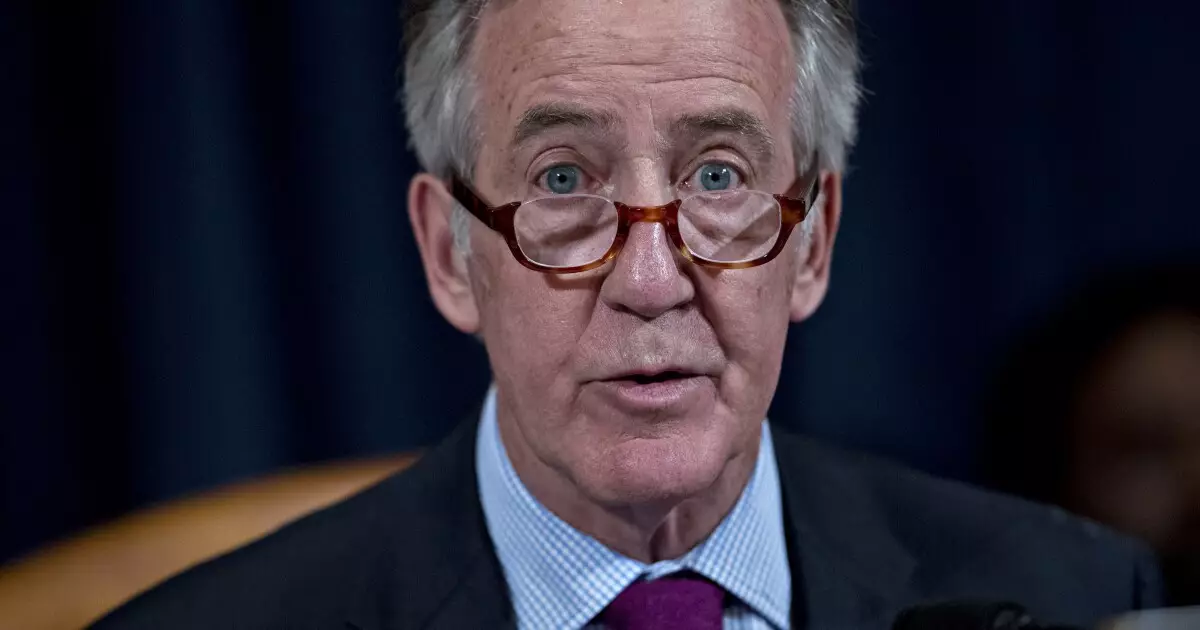The upcoming federal election is set to pivotally influence key Congressional committees responsible for shaping critical fiscal policies and transportation initiatives. As voters head to the polls, the outcome of several closely contested Senate and House races will not only impact party control but also the future of tax legislation and next-generation transportation frameworks across the nation.
With 34 Senate seats falling under the electoral spotlight, the stakes are exceptionally high for both major political parties. Democrats require the flipping of merely four seats to reclaim a majority in the House of Representatives, while the electoral climate is significantly competitive, as evidenced by the Cook Political Report designating 22 House races as toss-ups. Polls indicate a narrow advantage for Republicans in the Senate, which is currently under Democratic control, while the House appears poised for a slim Democratic victory despite Republican incumbent strength.
This tumultuous political situation suggests a potential shift in committee leadership—a change that could have substantial ramifications for legislation affecting the municipal bond market and broader economic policies.
In the event of a Republican victory in the Senate, prominent figures such as Senator Mike Crapo from Idaho are likely to achieve pivotal leadership roles, particularly as chair of the Senate Finance Committee. This committee holds significant sway over tax-related legislation and, in recent testimony, Crapo has raised concerns about the financial implications of the impending expiration of provisions within the Tax Cuts and Jobs Act (TCJA). His recent proposals, emphasizing the extension of existing tax provisions without offsets, may play a critical role in safeguarding municipal bond tax exemptions—an area earmarked for scrutiny as revenue-raising measures are contemplated in the near future.
The potential reconfiguration of the Senate Committee on Banking, Housing, and Urban Affairs further underscores the stakes involved. Should Senator Sherrod Brown, the current chair and a Democrat, lose his position, Republican Senator Tim Scott is positioned as a likely successor, instigating possible shifts in policy focus and committee dynamics.
House Implications: The Ways and Means Committee
Across the Capitol, the House Ways and Means Committee, pivotal in tax reform discussions, will also experience a major leadership transition if the elections yield a Republican majority. Current Chair Jason Smith from Missouri has proactively established ten tax teams aimed at soliciting input on reform. His urgency for swift policy execution suggests an inclination to address expiring TCJA provisions, including potential adjustments to the state and local tax deduction cap and the marriage penalty.
Conversely, if the Democrats reclaim the House, the committee’s leadership may revert to Representative Richard Neal of Massachusetts, known for his strong advocacy for municipal bonds during his previous term. This discrepancy in leadership could lead to divergent tax strategies that impact local financing and investment.
The House Committee on Transportation and Infrastructure stands at the intersection of immediate necessity and long-term strategy. If Republicans maintain control, Chair Sam Graves is exploring ways to extend his tenure beyond the typical six-year limit, as his leadership is critical in crafting future transportation legislation. The next surface transportation bill will inevitably evolve from the existing framework established by the $1.2 trillion Infrastructure Investment and Jobs Act, set to expire in 2026. Stakeholders are closely watching whether lawmakers will emphasize competitive grant programs or revert to traditional formula funding methods amid ongoing fiscal pressures, particularly given the persistent deficits faced by the Highway Trust Fund.
Should the Democrats take command, Representative Rick Larsen is expected to lead the committee, bringing with him an agenda focused on addressing these urgent transportation issues and potential funding mechanisms.
The House Financial Services Committee will see inevitable turnover regardless of which party gains control. With Chair Patrick McHenry retiring, Republican representatives such as Andy Barr, Bill Huizenga, and Frank Lucas are among possible successors. If the Democrats win, Maxine Waters is well-positioned to resume her leadership role. Her agenda emphasizes long-term reauthorization for flood insurance programs and enhancements to FEMA’s flood-mapping processes, underscoring the committee’s critical function in managing financial oversight for major national concerns.
As the electorate approaches this election, the outcomes will reverberate throughout the corridors of power in Washington and beyond. The different potential configurations of congressional leadership will undoubtedly shape critical policies regarding tax structures and infrastructure development. For constituents and policymakers alike, the implications of these elections extend beyond party allegiance, encapsulating essential aspects of economic strategy and public investment for the coming years. The stakes are high, and the decisions made by voters will resonate far into the future.


Leave a Reply